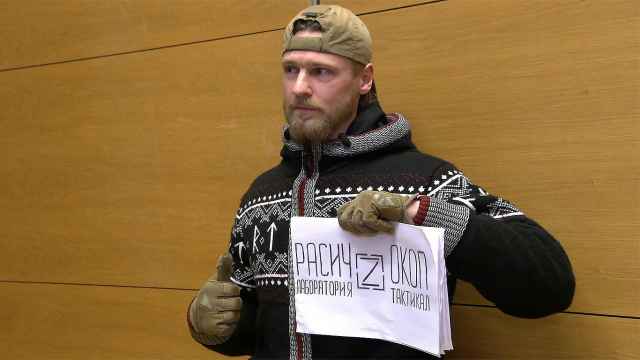Defense Minister Sergei Shoigu has proposed placing the Emergency Situations Ministry, which he headed from 1994 to 2012, under the authority of his new position.
The reorganization is designed to improve the efficiency of the disaster response service by reducing its number of administrators and giving new responsibilities to officers in the Defense Ministry.
Observers said the reorganization plan was justified because in recent years the Defense Ministry, despite receiving no additional funds, was the main agency providing rescue services across the country, Nezavisimaya Gazeta reported Thursday.
The Defense Ministry would also control the Emergency Situations Ministry's budget, which is about 10 percent of that allocated to national defense.
Sources in the Defense Ministry said the Kremlin has already started considering the plan and will make a decision after the results of rescue activities implemented by both the army and emergency rescue workers in Russia's Far East, where flooding has forced over 23,000 people to evacuate.
The 25,000 Defense Ministry officers currently involved in rescue activities in the Far East make up 75 percent of all forces in the region. The ministry has also provided the lion's share of the equipment.
Ukraine passed a similar measure reorganizing their emergency services last year, making them more akin to the Soviet Civil Defense forces, who also reported to the Defense Minister.
A Message from The Moscow Times:
Dear readers,
We are facing unprecedented challenges. Russia's Prosecutor General's Office has designated The Moscow Times as an "undesirable" organization, criminalizing our work and putting our staff at risk of prosecution. This follows our earlier unjust labeling as a "foreign agent."
These actions are direct attempts to silence independent journalism in Russia. The authorities claim our work "discredits the decisions of the Russian leadership." We see things differently: we strive to provide accurate, unbiased reporting on Russia.
We, the journalists of The Moscow Times, refuse to be silenced. But to continue our work, we need your help.
Your support, no matter how small, makes a world of difference. If you can, please support us monthly starting from just $2. It's quick to set up, and every contribution makes a significant impact.
By supporting The Moscow Times, you're defending open, independent journalism in the face of repression. Thank you for standing with us.
Remind me later.





